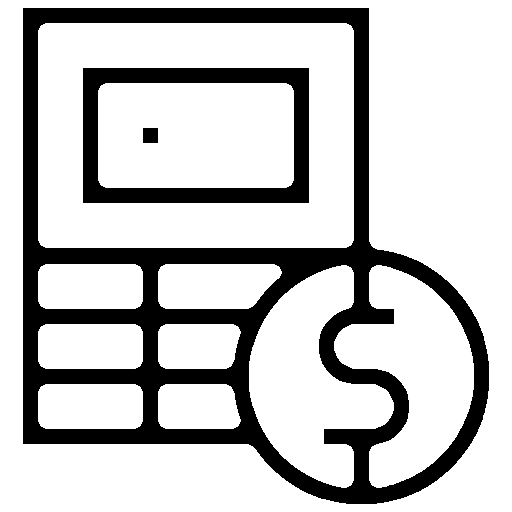
As a young adult, starting a new job or finishing from your education, will present you with many choices on how to manage your money. Managing your money successfully will help you make smart choices whilst avoiding obstacles which can impede you from achieving your financial goals. If you manage your money successfully it will help you to buy a house, finance higher education or start an investment plan.
Is a budget worth it?
If you are finding it hard to save, it might be helpful to create a budget. A budget enables you to plan how you will spend your money before you reach for your wallet. That way, you’re less likely to make impulsive and perhaps unnecessary purchases, and you can fully understand where your money goes.
A budget will allow you to understand where your money goes and may help you free up cash for important savings goals (e.g. retirement). For a budget to be successful you need a plan. This means figuring out all of your expenses, writing down your goals and setting time frames. Then you must find a way to achieve the objectives which you have set. This process will help you to assess you r spending habits whilst also help you to stay focused on your budget.
How can I create a budget?
Developing a budget might require some thinking but if you manage do it right, you will reap the benefits in the future. First you have to look at your monthly income, this can include your wage, dividends and other types of income. Once you determine your monthly income, you can assess your expenses. First see what your expenditure is for a month by collecting all the bills and receipts. It is important to gather every receipt regardless of how small it might be. It will help you to divide your expenses into non-discretionary expenses which are things that you cannot do without such as paying for your monthly internet access or computer loan, and discretionary expenses such as dining out. This will give you a clear picture on which activities you are forking out your money. The best way to reduce your expenses is by starting to reduce your discretionary expenses, since non-discretionary expenses can be harder to adjust.
Once I have developed a budget, what type of saving goals do I need to set?
The more detailed your savings goals are the easier it will be for you to reach those goals. You must also remember that your savings goals will move parallel to your budget so it is important to review your budget every few months to make sure it reflects your goals and to see if you are saving the maximum amount possible. There are three types of goals which you can set, which are:
Short-term goals such as buying new furniture or going on a holiday.
Medium-term goals such as home renovation or buying a new car, involving larger sums of money.
Long-term goals, future savings goals such as retirement savings and other long-term investments.

